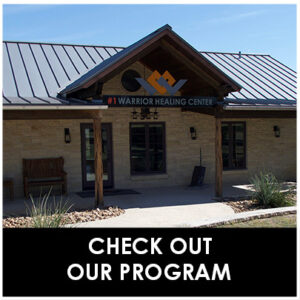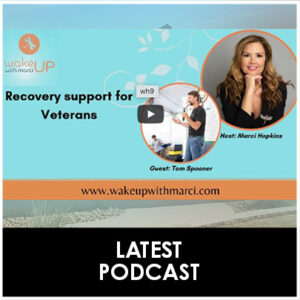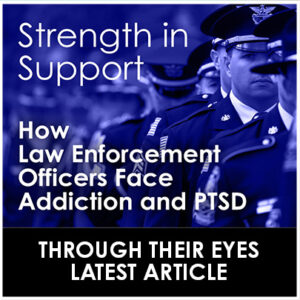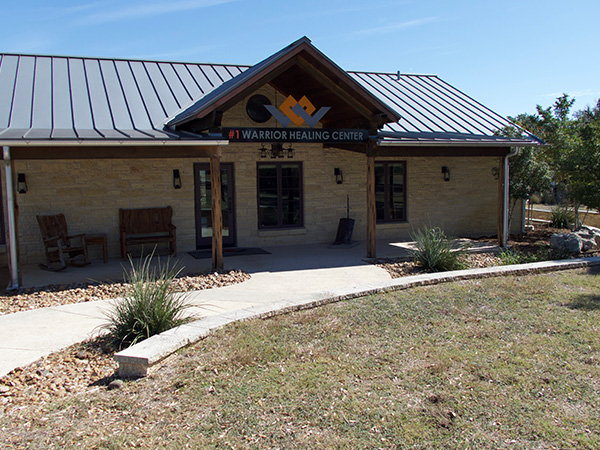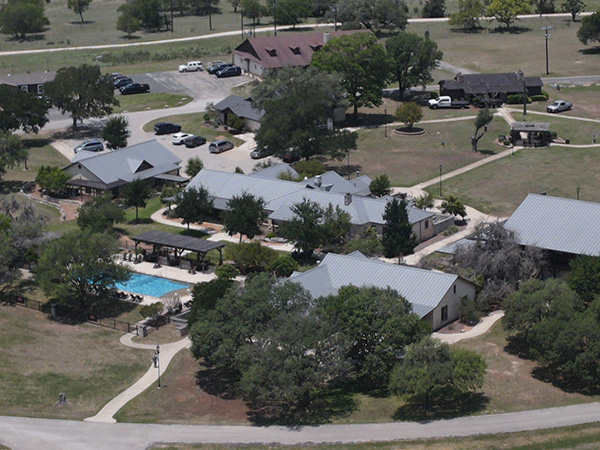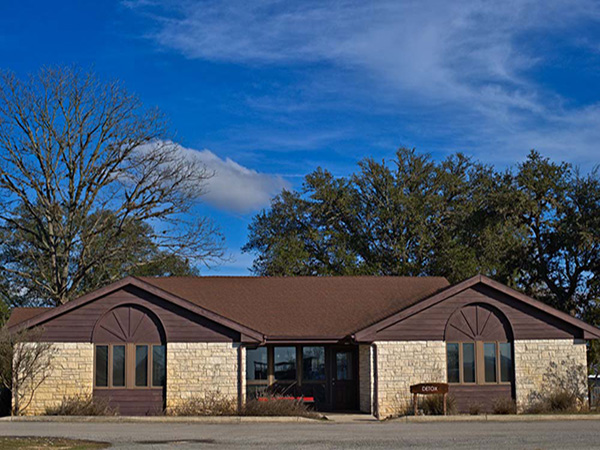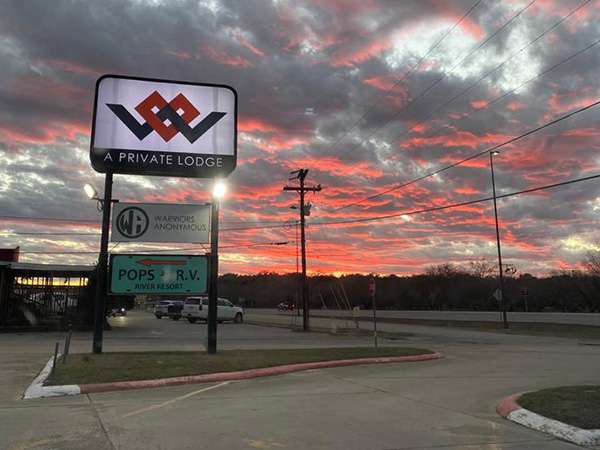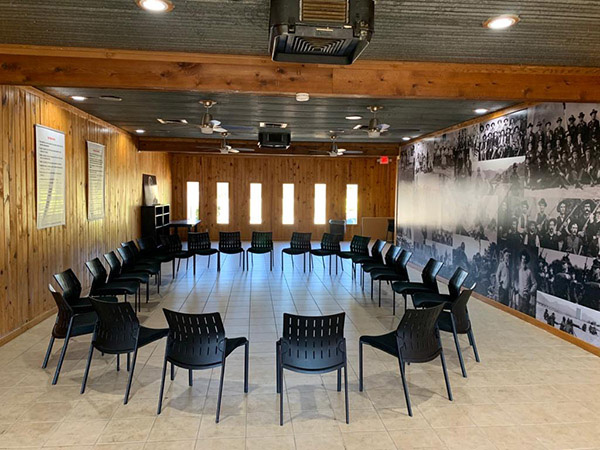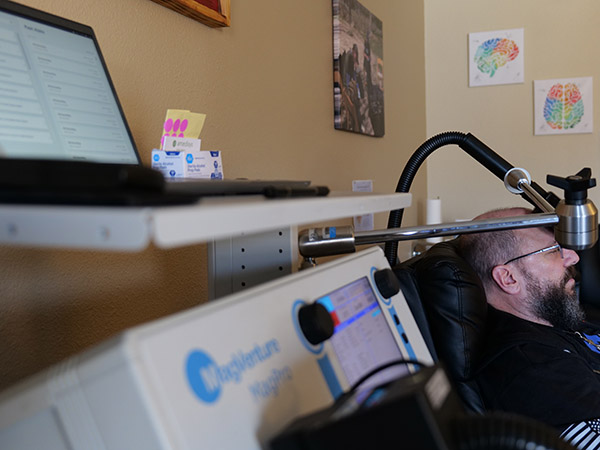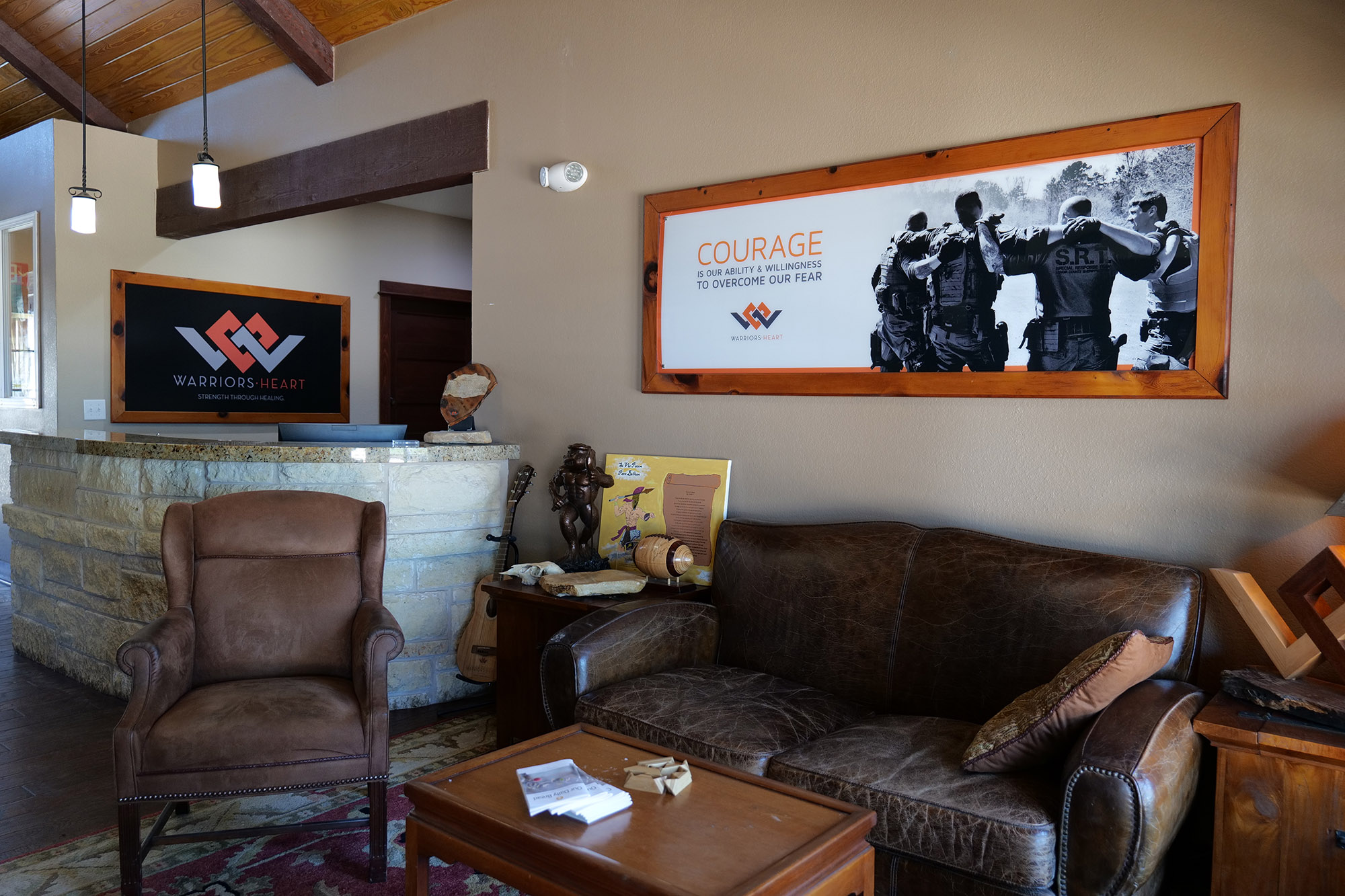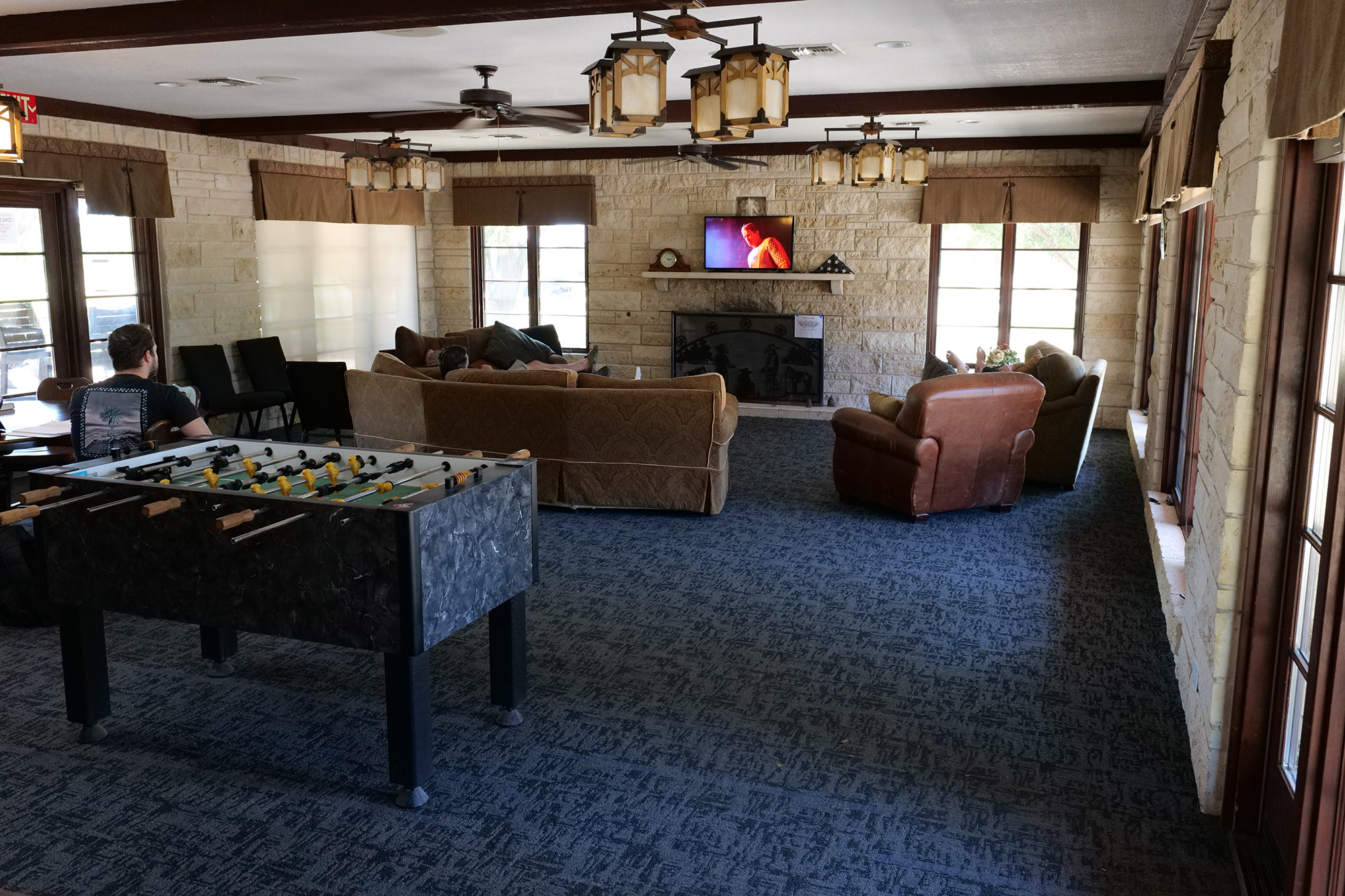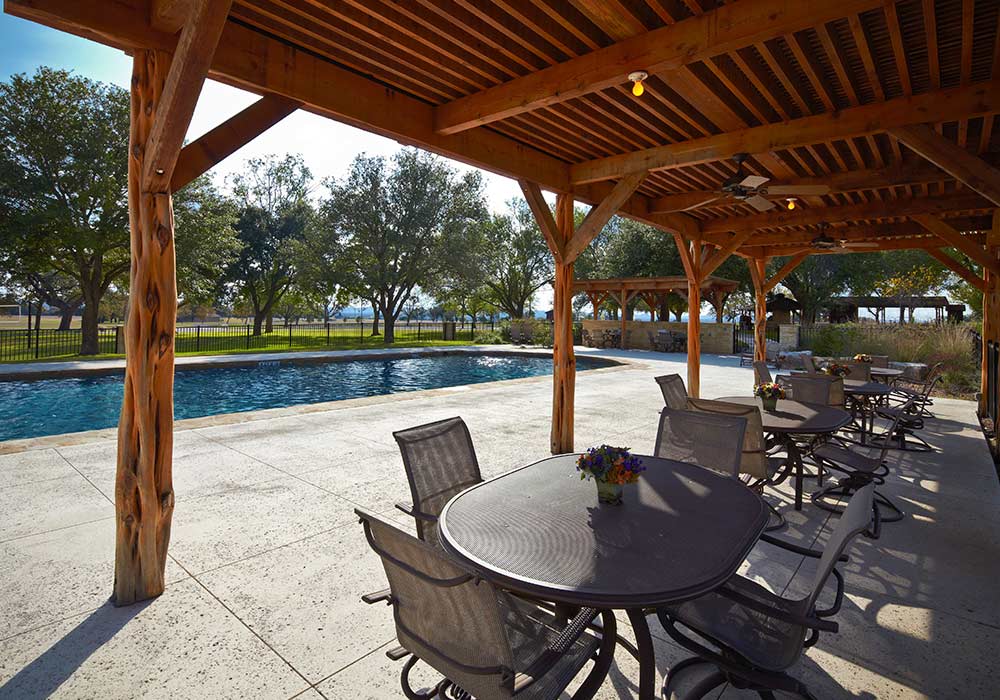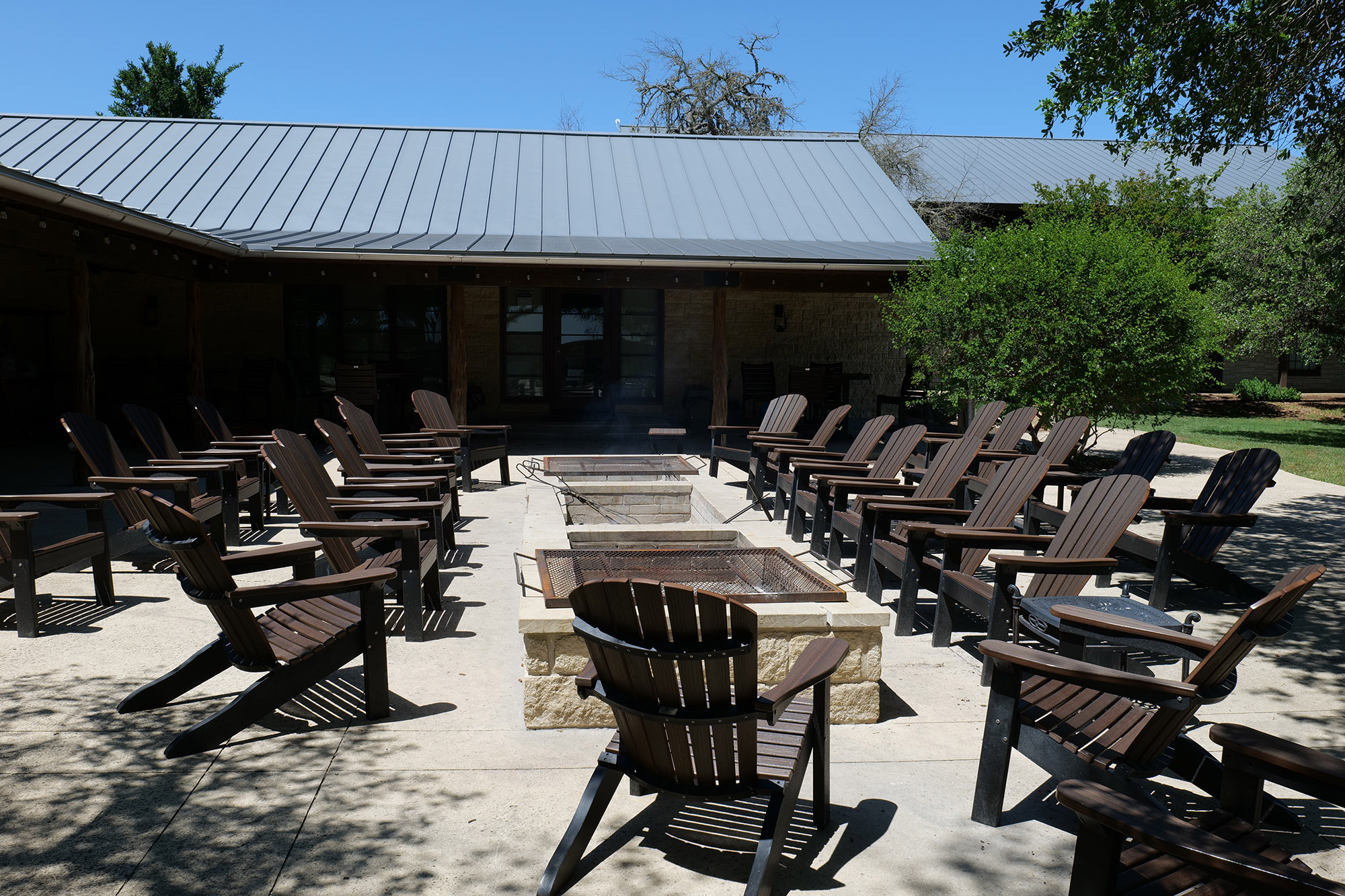Police officers and other members of law enforcement have a mission to protect and serve the lives of those who are placed in harm’s way. This pressure to remain calm and diplomatic in moments of extreme stress can be too difficult for the average person to bear, and often leads to alcohol or substance abuse as they seek to cope with the effects.
While police officers can come home to their friends and family, many LEOs begin to feel the effects of their daily work and their loved ones soon start to realize the damage. In these instances, family members have to be vigilant of the dangerous effects of PTSD and addiction.
In order to provide the best treatment possible, we only accept those who suffer from addiction by itself or in conjunction with psychological disorders such as PTSD.

